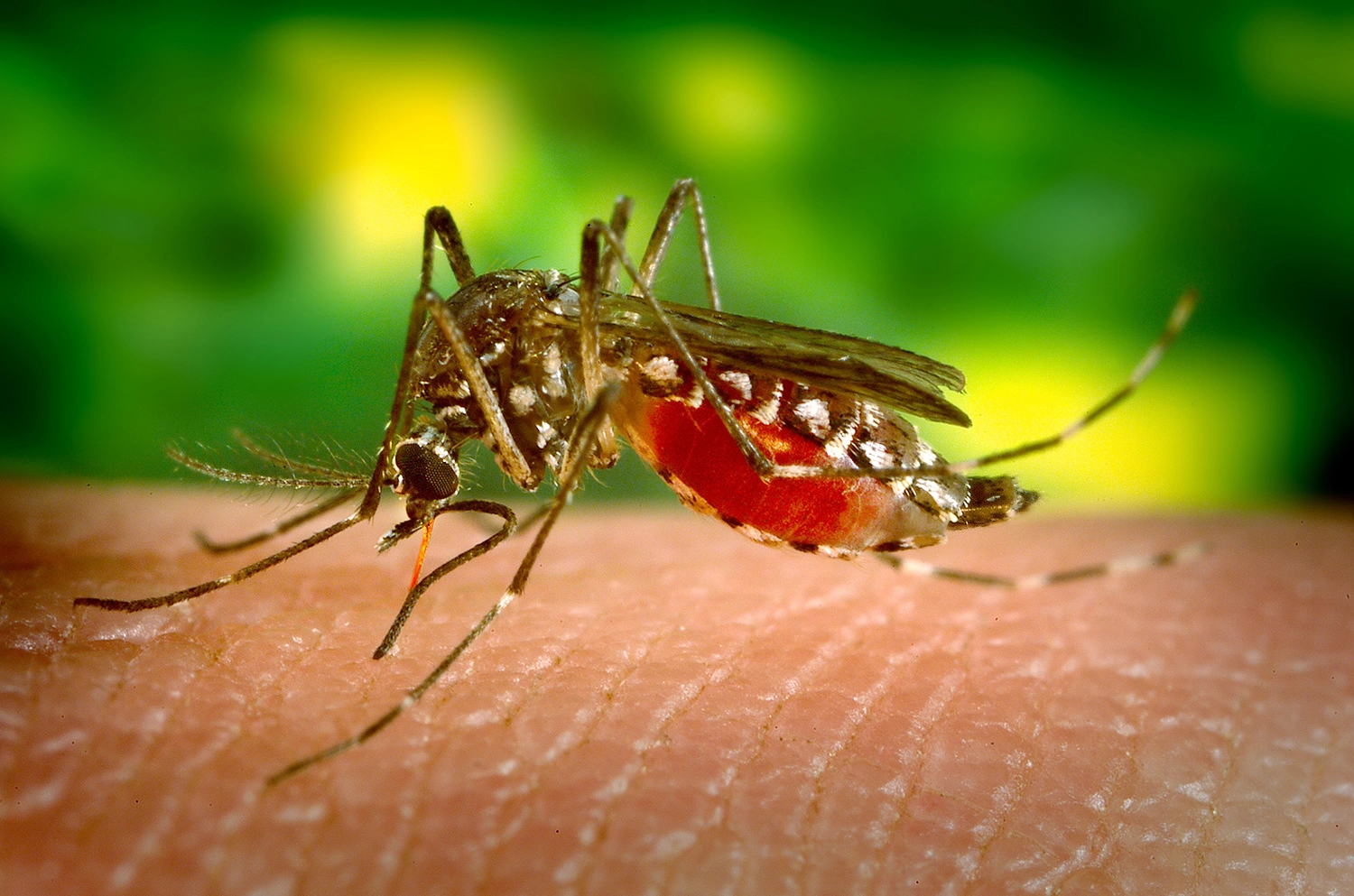Published: 08/08/2023
By Jamie Hansen, Global Health Communications Manager
The changing climate is dramatically altering the landscape of mosquito-borne diseases. Warmer temperatures, changes in rainfall, and human activity are enabling their spread to new places often unprepared to deal with them.
“Often people think that all mosquitoes are the same, or that all mosquitoes can transmit the same diseases, but in fact mosquitoes differ in their ecologies and their ability to transmit different pathogens, resulting in differences in how we prevent and mitigate disease transmission,” said Erin Mordecai, associate professor of biology in the School of Humanities and Sciences.
Mordecai joined Desiree LaBeaud, professor of pediatrics at Stanford Medicine, Joelle Rosser, an infectious disease instructor, and Eloise Skinner, a senior scientist in the Mordecai Lab, to speak with the Stanford Center for Innovation in Global Health about how the burden of mosquito-borne disease is shifting, and how communities can prepare.
Read the full story at Stanford News Service.
(Image credit: James Gathany/CDC)

